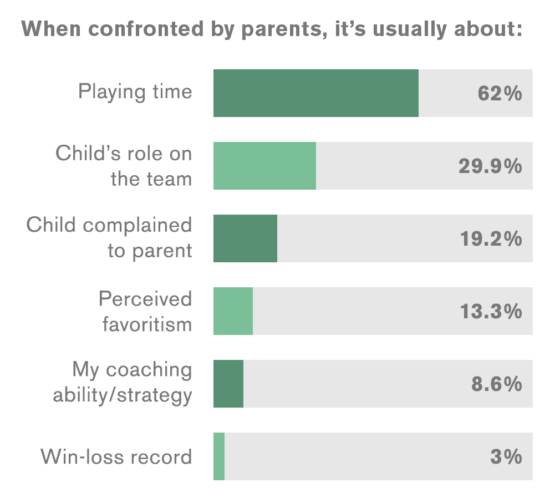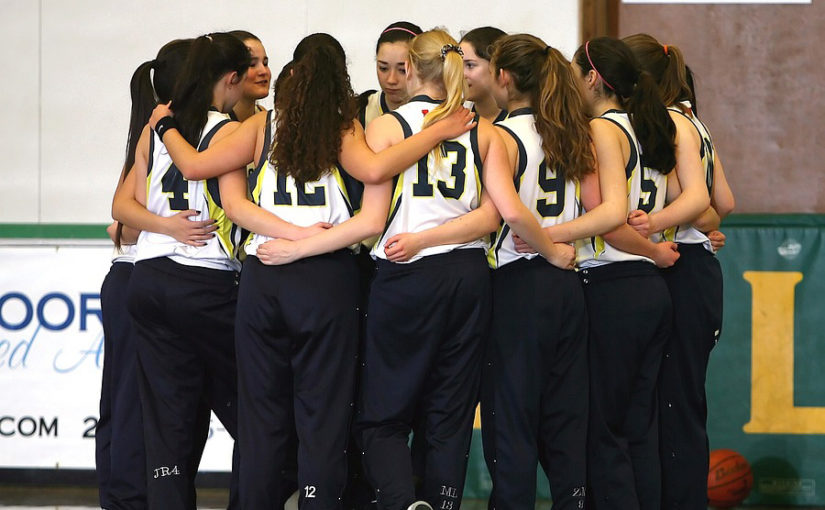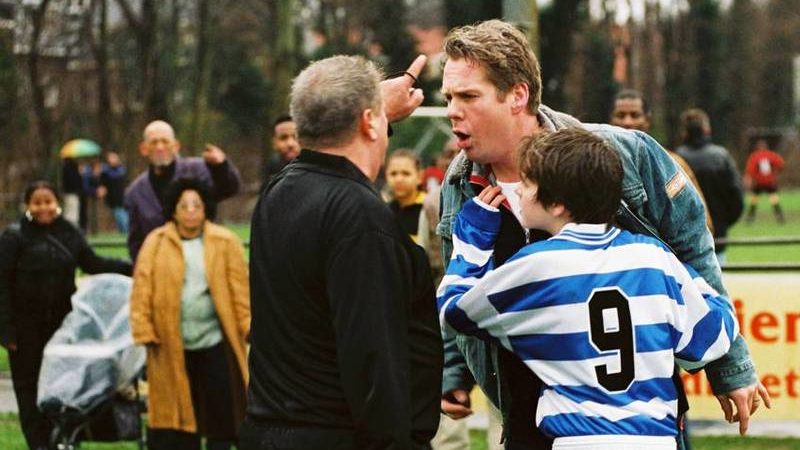2019 Coaches Report: Problems with parents persist
Last year, Coach & Athletic Director began surveying high school coaches to gather feedback on some of the major issues in the profession. The results help us better understand the challenges faced by coaches, and they guide us in providing relevant content to confront those issues head on.
The 2019 Coaches Report examined the prevalence of athletic trainers in high school sports and legislative efforts in some states to allow home-schooled athletes to play public school sports. We also asked coaches about the nationwide referee shortage and what they believe is causing the decline.
As part of our annual study, we also asked coaches to rank what they believe are the most significant challenges facing them today. For the second straight year, sport specialization topped the list with nearly 90% of coaches indicating they were at least somewhat troubled by the trend.Here’s what coaches had to say about challenges they face with parents.
Problems with parents persist
It seems that since the beginning of time coaches and parents have been at odds. Most often, it’s over playing time.
More than 73% of coaches in our survey said they were at least moderately concerned about the abuse they take from parents of their players. Almost two-thirds said altercations are usually sparked by playing time. The second leading cause was a player’s role on the team.

Much like referees, coaches have endured everything from verbal to physical abuse from parents of players. In some cases, parents band together to pressure school boards or administrators to remove coaches from their positions. When the pressure is too overwhelming, those coaches sometimes resign.
While there’s no shortage of horror stories, some coaches in our survey said they have few issues with parents. They attributed that to developing a sound communication strategy, setting clear expectations, and drawing a line between what can and cannot be discussed.
“I always tell parents at my meetings that if they want to know about playing time, don’t ask me,” one coach said. “Ask their son, because he and I have already had a conversation. He knows what he must do to get more time. If they want to know what he can do to improve to get more playing time, I will talk with them.”
“We established two parent meetings,” said another coach. “One to begin offseason workouts, and a second upon the player making the team. At both of these, expectations of the parents and their roles are clearly defined. I use the ‘Matheny Manifesto’ statement that parents should be silent supporters from the stands. We discuss every aspect, including (how) the player must come to us first.”
Other key takeaways from this year’s survey include:
- Fan behavior blamed for referee shortage
- Overwhelming opposition to esports
- Let home-schoolers play
- A greater commitment to athletic trainers





